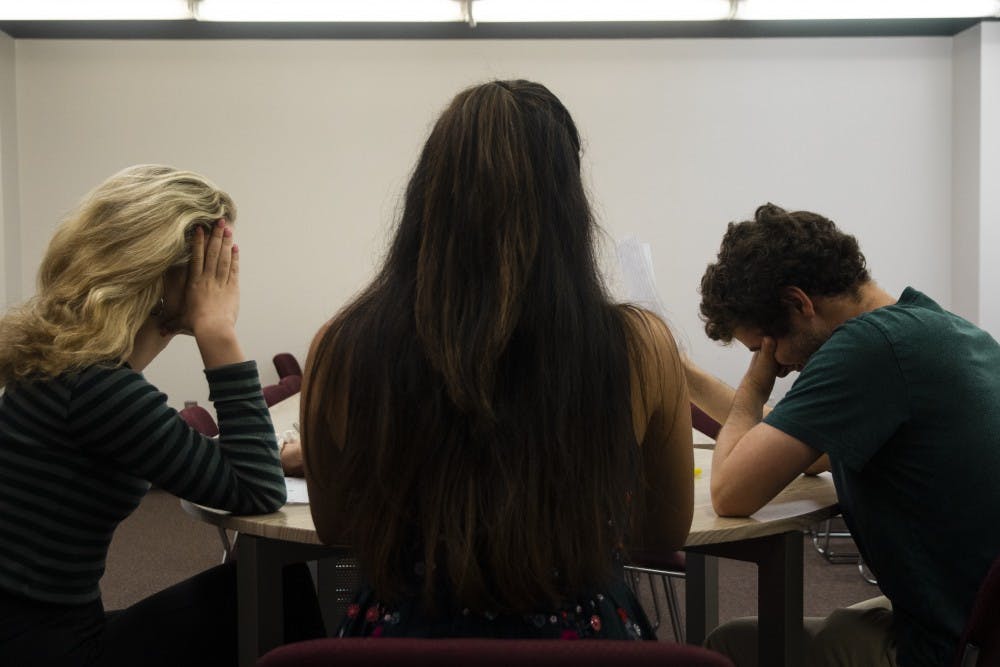
In a recent disciplinary report, Penn announced that mediation and conflict services for students have been expanded to the Restorative Practices at Penn Program within the Office of Student Conduct.
RP@Penn decides cases that are in violation of the code of student conduct and uses restorative practices such as conflict coaching and communication workshops to help resolve disputes in student groups, Director of the Office of Student Conduct Julie Nettleton said.
The program is never mandated and is suggested on a case-by-case basis by the OSC when resolving violations of the Code of Student Conduct, Nettleton said.
OSC’s old process followed a more traditional “retributive model,” said Marcia Glickman, OSC deputy director and mediation coordinator. Under the former system, administrators made a determination about what a person did wrong, and then determined the appropriate consequences.
“In a restorative model, the goal is really to flip that on its head and to think about who was harmed, what the needs of everybody are, and to come up with a resolution that helps to heal some of those harms, or at least acknowledge them, to ensure we are focusing on the needs of everybody involved,” Glickman said.
RP@Penn was formed in August 2018 and is comprised of more than 70 campus partners who work together to provide mediation and conflict services, Nettleton said. Though they collaborate with several administrative departments including Penn Violence Prevention, RP@Penn is not used for cases of sexual violence or extreme acts of physical violence. The program is also not applicable to cases of academic integrity violations.

Nettleton said the OSC’s new model is derived from traditional practices of Native American, First Nation and other Indigenous people of North America.
“We did not invent this," Nettleton said. "It’s something that has been a part of various cultures for a very long time, and now we’re seeing the benefits in the college campus environment."
Traditional Native American values of justice prioritize teaching peacemaking to community members from birth, while American culture tends to respond to crime after the fact and with a focus on punishment, according to Robert Yazzie, chief justice emeritus of the Navajo Nation Supreme Court.
Malik Washington, acting director of Penn Violence Prevention, said he hopes students see RP@Penn as a culturally integrated tool for student groups.
“There are a ton of things that happen within student groups that do not rise to a policy violation but are still really harmful to the community or harmful to individuals within it,” Washington said. “We also have students who want to deal with stuff but don’t want to get the administration involved, which is common and understandable.”
After mediated conversations between students, there can be consequences for students who were found to have caused harm, such as sanctions. Glickman said, however, these are not considered a punitive measure but rather a way for those who were harmed to have a sense of closure.
OSC requires that participants are willing to accept responsibility for their actions in order to move forward with restorative practices.
“One of the main concepts of restorative justice is that it cultivates an environment for students where it’s safer to take accountability,” Nettleton said.
Glickman said OSC is looking to form a student advisory committee, which would be a team of students trained to moderate restorative practices and conflict resolution. Offices such as PVP can nominate students to become part of the program, adding a peer-to-peer aspect to mediation.
The Daily Pennsylvanian is an independent, student-run newspaper. Please consider making a donation to support the coverage that shapes the University. Your generosity ensures a future of strong journalism at Penn.
Donate






